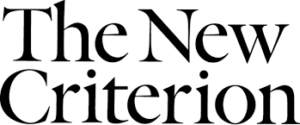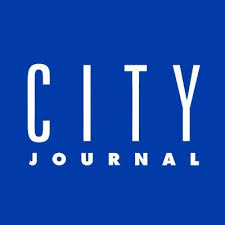“Middlemarch” & the heart’s reasons
On George Eliot’s masterwork and its enduring insights into the human heart.
“Know thyself” is easy to say; but how, exactly, are we mortals supposed to obey the Delphic command? Surely not through the human “sciences.” Psychology, sociology, and anthropology all seem misapplications of a method of inquiry too abstract to explain messy human reality, depersonalizing what is quintessentially personal. If you want to make sense of human actuality, to ponder what makes our lives meaningful and why we do what we do, think what we think, and hope what we hope, the best guide I know is literature.
A recent rereading of Middlemarch brought that thought home forcefully, and the decades since my last reading have taught me also to appreciate why so many authors consider this the greatest of all English novels, one of the few, Virginia Woolf thought, written for grown-ups. No one can pluck out the heart of our mystery, but in this 1871 novel George Eliot—the pen name of the formidable and unconventional Mary Ann Evans—comes as close as anyone to showing how our inner feelings and wishes interact with our outer circumstances, with the social and cultural climate that surrounds us, and with our personal relationships to shape our identity and fate.
Eliot sums up the complexity of her enterprise in an epigram that heads Chapter 53:
It is but a shallow haste which concludeth insincerity from what outsiders call inconsistency—putting a dead mechanism of “ifs” and “therefores” for the living myriad of hidden suckers whereby the belief and the conduct are brought into mutual sustainment.
Like the root systems of plants, so much that forms and motivates us happens below the surface, hidden not only from outsiders but also from ourselves. Our identities are organic, not mechanical. As Eliot says twice in the novel, “character is not cut in marble—it is not something solid and unalterable. It is something living, and changing,” a vital process no simple cause-and-effect equation can explain.


